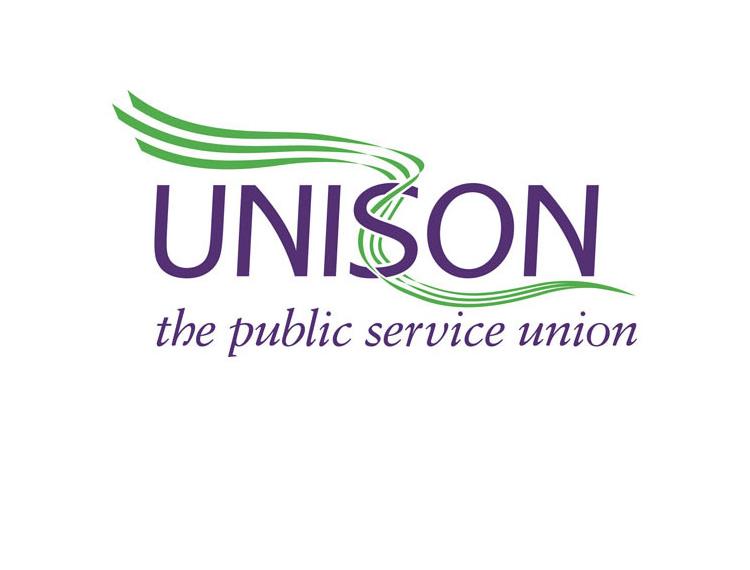Birmingham University strikes cancelled as low paid workers secure pay increase

Cleaners, caterers and security guards at Birmingham University are celebrating after securing a pay rise following a series of campus strikes, UNISON announced today (Friday).
Three days of strikes planned for Thursday 28, Friday 29 November and Monday 2 December have been cancelled. The decision follows a vote by staff to accept a pay offer of more than 4% for the lowest paid workers and 3% for the highest.
Low-paid staff will receive an extra £817 a year with their hourly rate rising by 44p to £9.44. The increase will be backdated to 1 August 2019.
The university pay offer exceeds the below-inflation 2% increase managers imposed on support staff last year, which originally sparked the dispute, says UNISON.
UNISON head of education Jon Richards said: “At last university managers have recognised staff deserve a decent pay rise and that 2% was not a fair offer.
“It’s a shame workers had to strike to get their voices heard. We hope we can work with the university to improve the pay and prospects of all staff over the longer term.
“The award should also send a powerful message to the University and Colleges Employers Association that they need to make a decent pay offer to staff across the country.”
In 2018 most staff received a 2% increase while the retail price index (RPI) was at 2.8% meaning staff faced a real-terms pay cut. Since 2009 the salaries of higher education staff across the country have declined by up to 20% compared with the RPI measure of inflation.
The university’s latest offer relates to the 2019/20 academic year and is graded from 4.85% for the lowest paid support staff to 3% for some higher salary bands. The offer does not apply to academic or higher banded administrative staff whose pay is negotiated nationally.
The university has refused to become an accredited living wage employer, has not committed to the elimination of the gender pay gap and outsourced close to 40 staff to a wholly owned subsidiary company.
University vice chancellor David Eastwood receives a £440,000 salary and 109 senior managers at the university are paid more than £100,000 a year.
Following the end of the dispute, UNISON and the university will be entering negotiations to revise the institution’s pay levels.
Support staff at the university have been trying to improve their pay and working conditions since 2012, when they held their first day of strike action in 30 years.











Responses